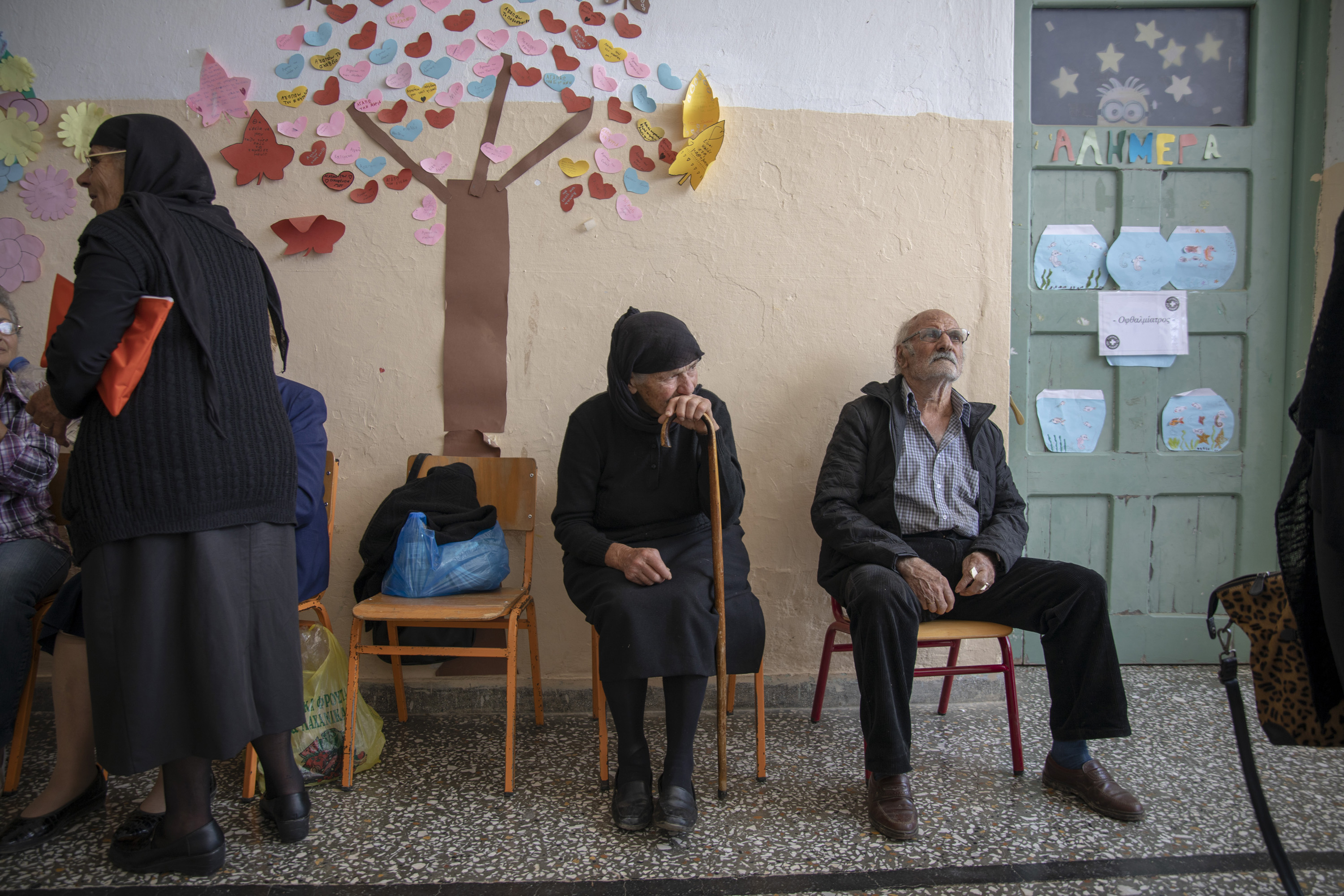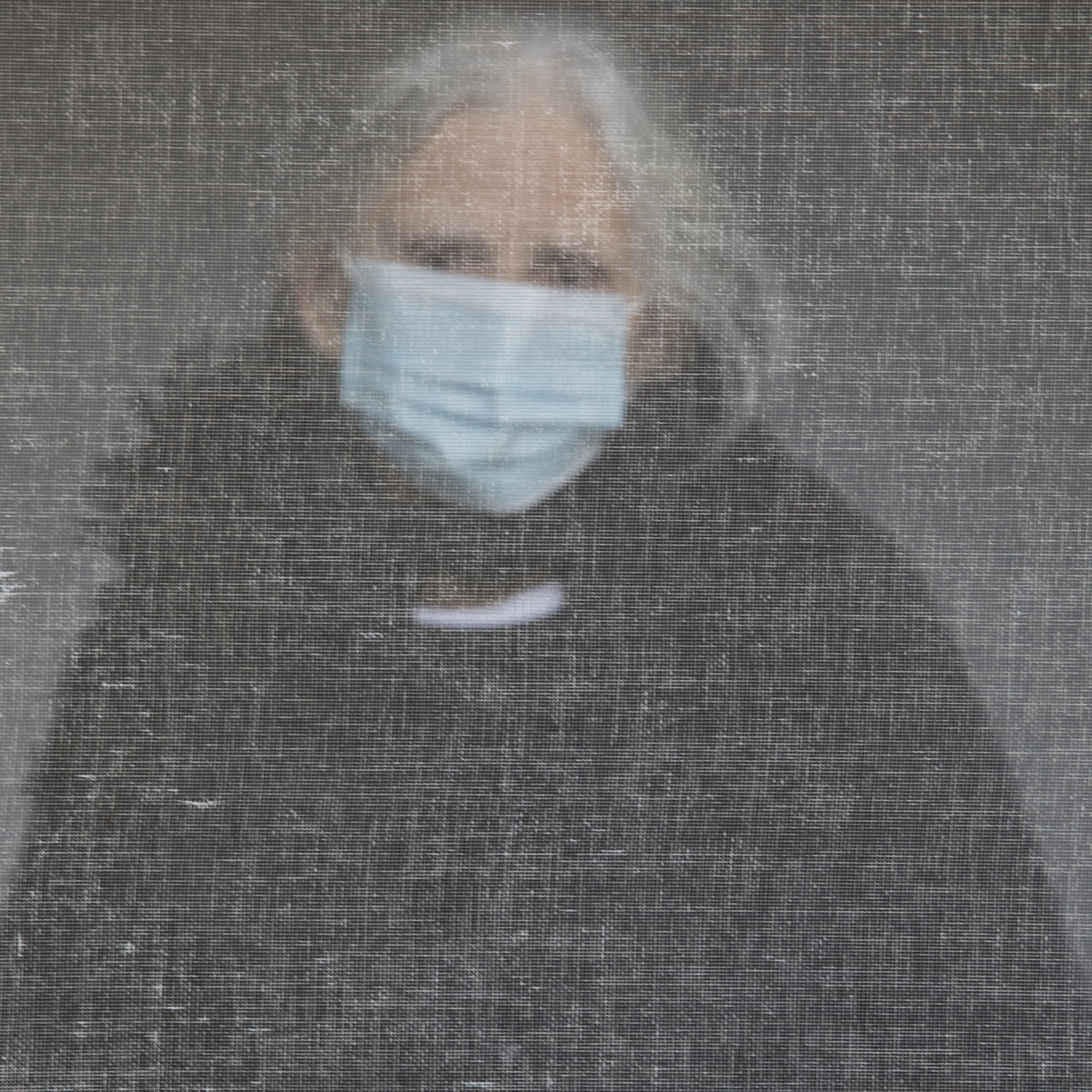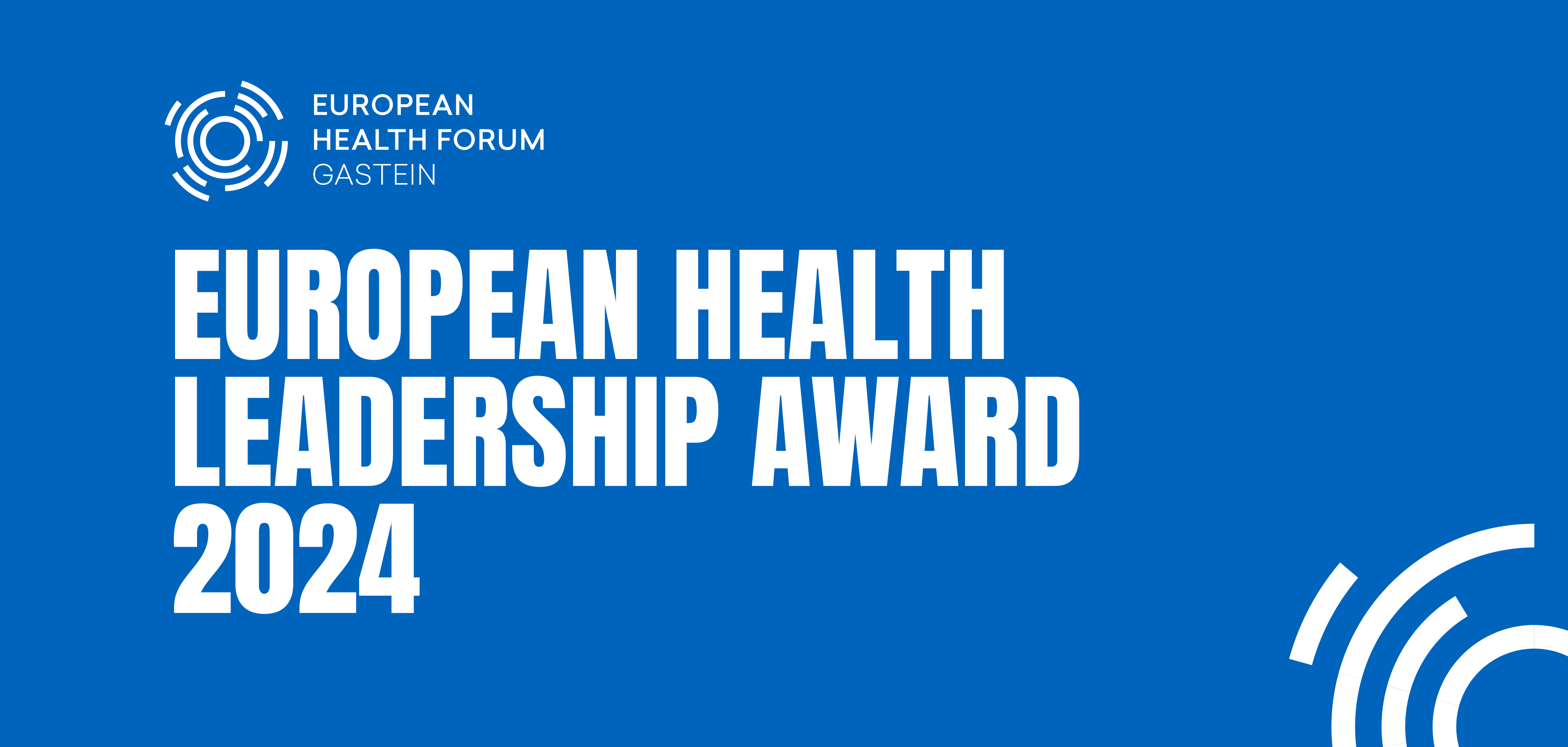Invisible challenges: exclusion, loneliness, and violence.
Not everyone ages in the same way. Older adults with addictive behaviors experience premature aging, higher rates of chronic conditions, and exclusion from services. Meanwhile, LGBTQIA+ individuals often experience aging in isolation, invisibility, and distrust of institutions.
Loneliness and social isolation profoundly affect mental and emotional health, while violence—physical, psychological, economic, or institutional—remains an invisible reality.
Added to all this is ageism, a form of discrimination that devalues, excludes, and stereotypes older people, jeopardizing their health, autonomy, and social participation.
Supported autonomy
The possibility of aging at home and in the community, with adequate support, should be recognized as a social right. The Ageing in Place model promotes autonomy, reduces avoidable hospitalizations, and is more sustainable both from a human and economic perspective.
For this model to be effective, it is necessary to ensure public funding, integrated home care, and adaptation of the home environment to people’s needs. Technological innovation can be a powerful ally, provided that it is accessible and adapted, and accompanied by specific training to prevent new forms of exclusion.
Médecins du Monde: Self-care and Assessment
At Médecins du Monde, we work every day to make active aging a reality. The projects we develop in different regions are based on a multidisciplinary and community-based approach, focusing on the individual and their rights. Our teams conduct detailed initial assessments, define personalized intervention plans, and continuously monitor the health and well-being of older people.
Activities carried out include home visits, personal consultations and telephone contacts, individual and group health education sessions, nursing interventions, psychosocial support and psychological consultations. There are also rehabilitation activities, functional training and safety practices, as well as the introduction of supportive products and home adaptations. The projects also promote the empowerment of caregivers and care partners by providing tools for self-care and best practices in the caregiving process.
Coordination with relevant authorities and other local agencies is an essential element of the projects, ensuring referrals, continuity of care, and integrated responses. This networking is fundamental to ensuring that older people have access to services that suit their needs, promoting a coordinated and effective approach. Collaboration between professionals, institutions, and communities strengthens capacity and contributes to building sustainable and inclusive solutions.
Projects such as Self-Care 60+ and Active and Healthy Aging, and so many others that we have developed over more than 15 years, are tangible examples of how it is possible to build ethical, effective, and inclusive responses that respect diversity and promote aging with dignity.
Aging with dignity is not a privilege — it is a human right.
It is our collective responsibility to ensure that this right is respected, regardless of each person’s identity, background, or vulnerabilities. At Médecins du Monde, we remain committed to this principle by developing effective interventions and advocating for people-centered public policies, with a cross-sectoral approach that recognizes and values the diversity of aging.
Aging with dignity also means aging with a voice, with choices, and with a sense of belonging in the community.


